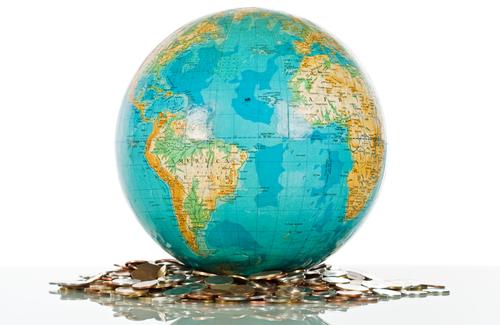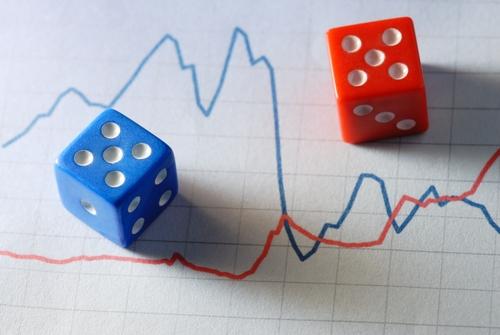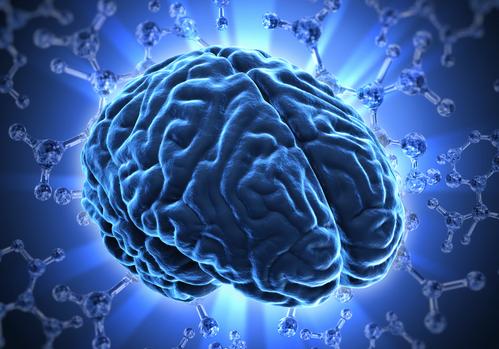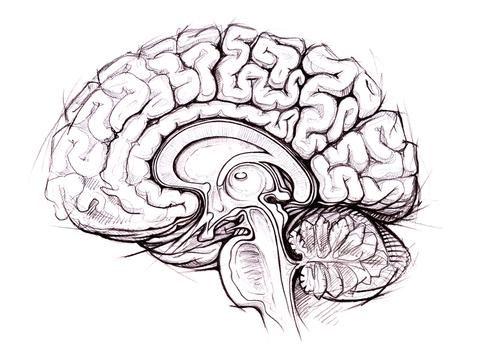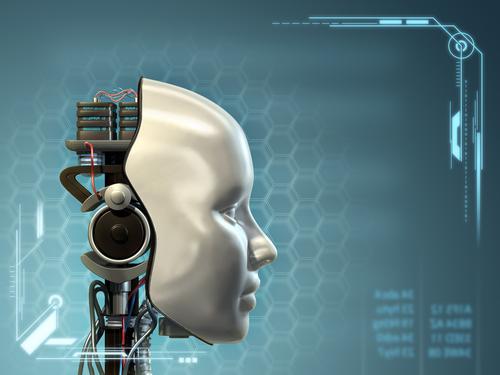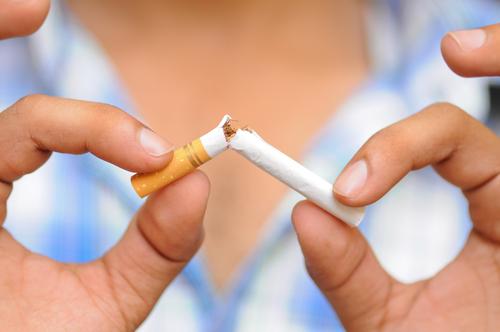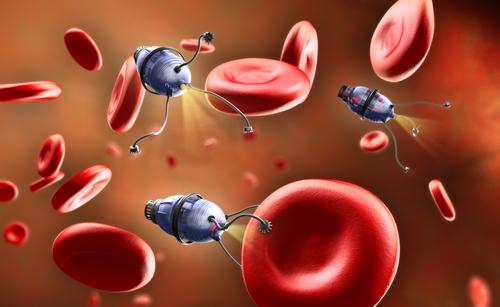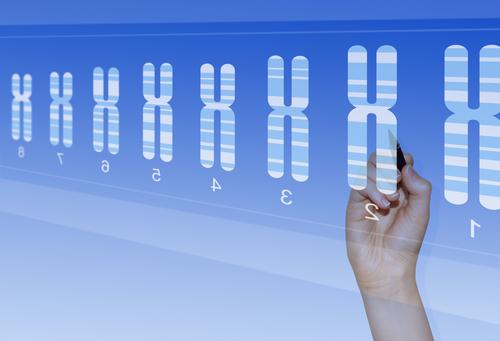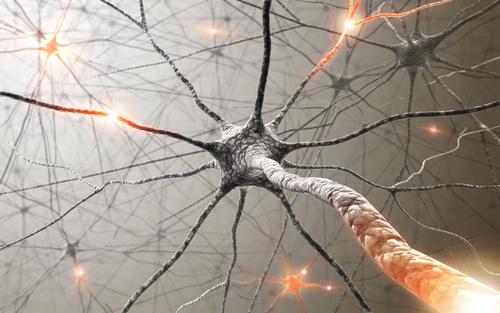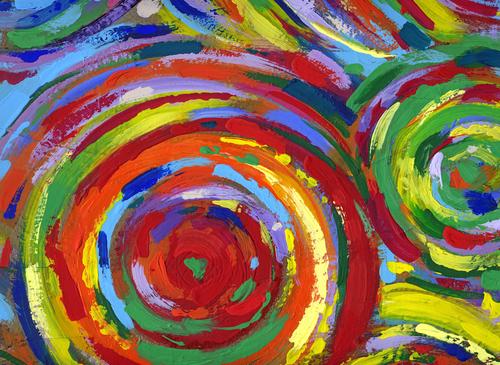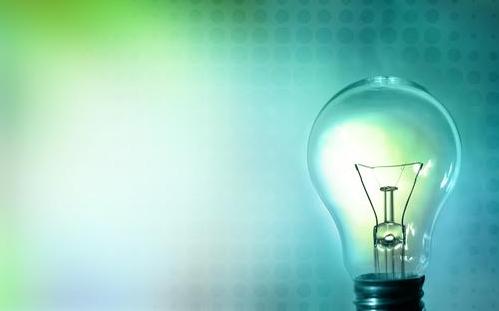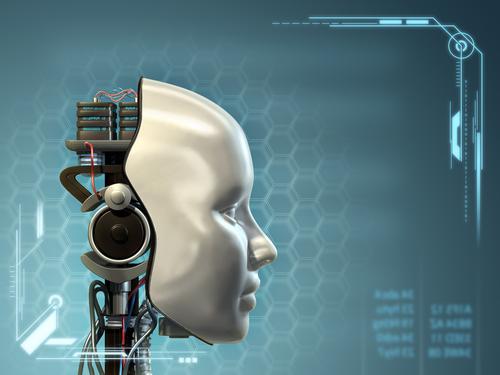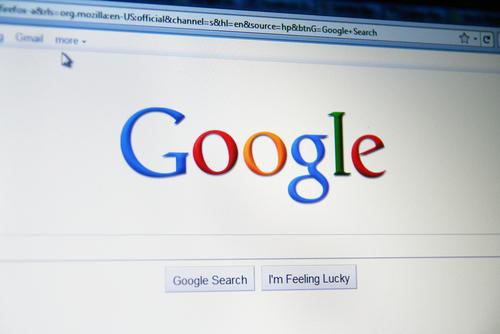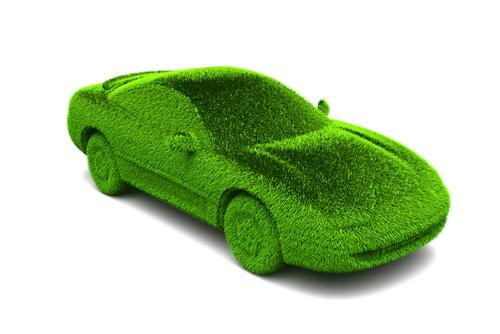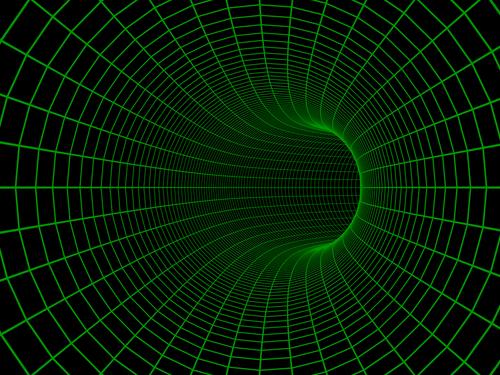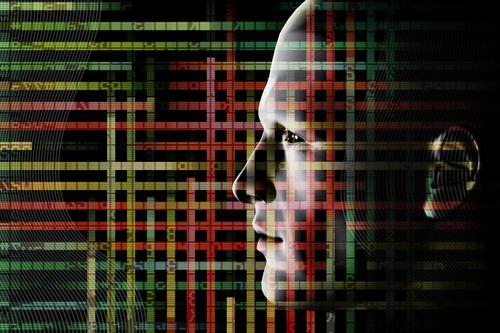Orion Jones
Managing Editor
Get smarter, faster, for success in the knowledge economy. Like us on https://t.co/6ZFWKpoKLi or visit https://t.co/d7r7dG2XOq
Long-term unemployment is double its highest rate since the 1950s, which may keep the economy from returning to pre-recession growth rates—forever—say some economists.
As American firms hire more people and Europe avoids a Greek catastrophe, there are signs that the global economic is recovering. Countries need to take cautiously optimistic action.
If market economies are to carry the world into a new era, they must achieve stability, equity and sustainability. Of these three, sustainability will likely prove the most challenging.
People who think intelligence is malleable are more likely to learn from their mistakes, indicates new research. Those who think intelligence is a fixed quality learn less.
Scientists estimate that your mind wanders about half the time, depending on how much concentration your present task requires. Those with greater memories tend to wander more often.
Computers scientists at UC Berkeley are studying the cognitive characteristics of toddlers, hoping to give computers the same ability to learn quickly and imagine creative solutions.
In a very public resignation, a senior investment analyst at Goldman Sachs has accused the company of cheating its clients. Does accumulating wealth actually make you a bad person?
Repeating a certain behavior wears a path in the mind, whether it is speaking a foreign language or smoking cigarettes. Here is a scientific approach to acquiring better habits.
Researchers at a University in Barcelona, Spain, have created nanoparticles which can release drugs directly from the inside of cells, overcoming past hurdles in producing biodrugs.
A Stanford genetics professor who subjected his genes to a Truman Show of medical tests, taking regular blood samples over two-and-a-half years, may pioneer personalized medicine.
Changing how you live your life can alter the effects of your DNA, particularly genetic combinations that predispose some toward obesity, says new research from the Harvard School of Public Health.
New medical devices which can plug directly into a patient’s nervous system communicate to wireless health-monitoring hardware. New prostheses can also interact wirelessly with your brain.
Art projects have become an important way to supplement the medical treatment many children receive in hospitals across the country. They could even reduce health care costs.
The famous start up incubator Y Combinator, which is responsible for products like Reddit and Dropbox, is now accepting applications from teams and individuals who don’t have an actual business idea.
Want to the change the world but can only draw pretty pictures? You’re not far off! Here are some tips on how to use graphic design—images, branding and web design—to inspire social change.
Sometimes there can be a gap between identifying what you naturally gravitate toward and how that translates into your full-time work. Here are three steps to help you bridge that gap.
As one of the first dot com entrepreneurs, Ben Way had raised 33 million dollars by the time he was 17, then lost it all before he turned 20. Now he’s back with fresh ideas and millions of dollars.
Former hedge fund analyst Salman Khan has caught the eye of Bill Gates and other powerful philanthropists with his online education experiment which could revolutionize traditional education.
The development of artificial intelligence took big steps with Siri and IBM’s Watson. And the progression of that technology is set to grow at an even faster rate in the future, says Ray Kurzweil.
Over the next few months, Google will roll out new semantic search technology that will have a deeper understanding of website content. The advance brings us closer to artificial intelligence.
Scientists at Stanford have pioneered a new way to charge electric vehicles without requiring drivers to stop. The new system would place recharging coils beneath the surface of roads.
Two parallel technologies are providing a glimpse of the future: Digital database of all the knowledge you have and android technology that could mimic your behavior and speech.
One of the major barriers to hydrogen fuel production has been its production cost. Now, scientists want to use nanotechnology to split water atoms and power a generation of cars.
Animation from astrophysicists at the University of Colorado at Boulder demonstrates what travelling through a rift in space-time would look like as you free fall into a black hole.
The search for traces of ancient Martian life has been narrowed to 79 lake beds containing mineral deposits. Clay may have formed on the planet’s surface, preserving evidence of past life.
Scientists at the Los Alamos National Laboratory have simulated exploding a one-megaton nuclear bomb against an asteroid 500 meters in diameter. The results are encouraging.
In 2018, the space program is scheduled to launch a probe that will get closer to the sun than any craft before it, measuring data in the star’s outer corona where temperatures are hellish.
Scientists at NASA’s Jet Propulsion Laboratory take on claims about the Mayan calendar and the end of the world, explaining away all the scenarios for a post-2012 apocalypse.
Hacking is about having a small group of individuals who are skilled enough to attack much larger prey. Thanks to their attack, future technological innovations flourish—for a time…
Smartphones are incredible education, business and entertainment devices but their ubiquity has otherwise normal people acting batty. Businesses must take the lead to restoring sanity.

